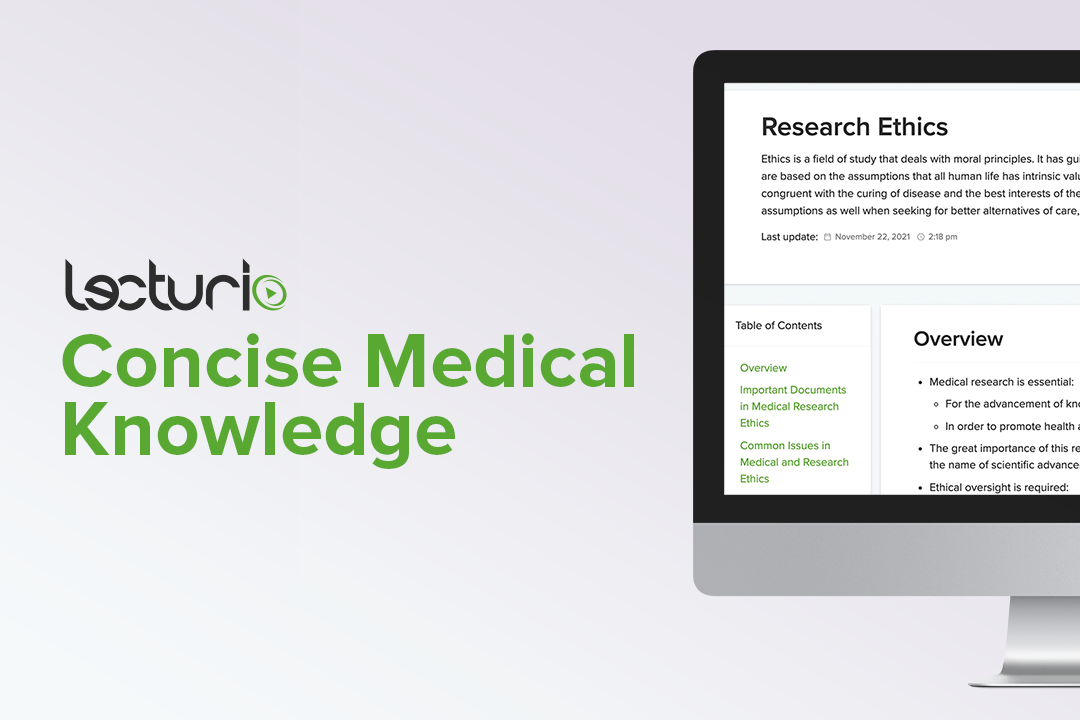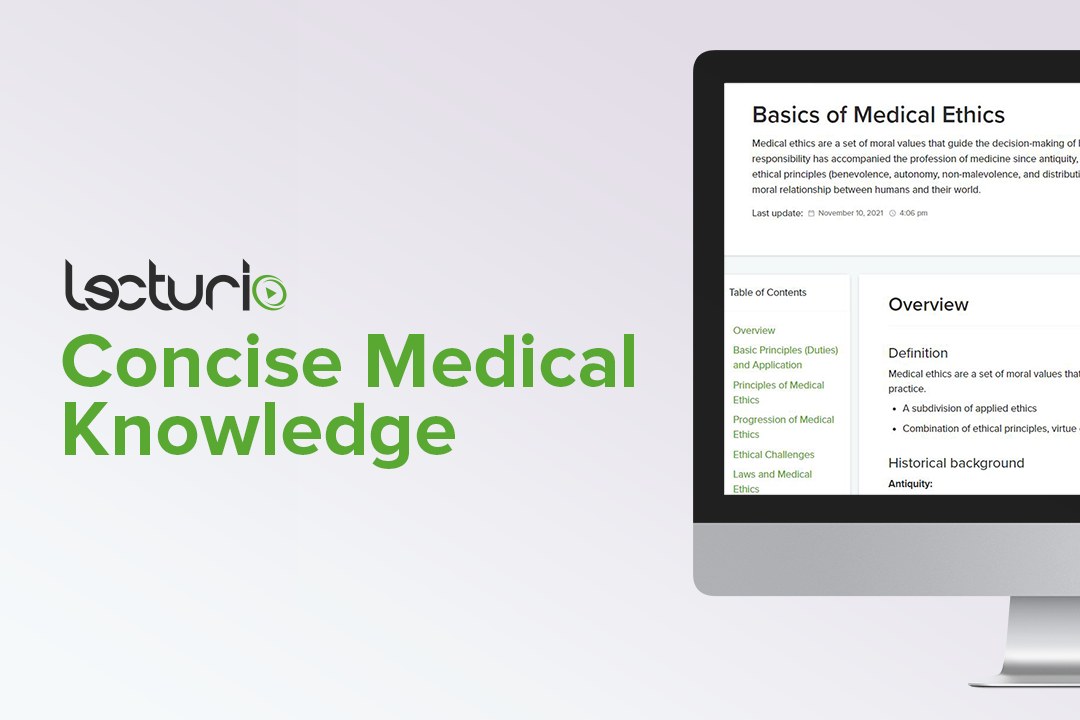Playlist
Show Playlist
Hide Playlist
Belmont Report
-
Slides 15 ResearchEthics Epidemiology.pdf
-
Download Lecture Overview
00:01 So, due to the ethical breaches associated with a famous Tuskegee Syphilis Study, due to that particular circumstance, the Belmont Report was created to codify how best to protect human subjects in American Biomedical Research. 00:14 And the Belmont Report had some core principles that we'll see repeated several times as we talked about the pillars of ethics. 00:21 The first is we have to respect individuals. 00:24 Respect is a problematic word, what does that mean? It means you appreciate their ability to make decisions for themselves. 00:32 Beneficence has to be a foundational idea in medical ethics. 00:35 Beneficence is when we try to do good. 00:38 And justice, what is justice? Well, justice, essentially treating people the same no matter what their background, whether it's race, whether it's gender, whether it's age, whether it's social class, there must be justice involved. 00:53 Also, informed consent was brought up again. 00:56 Informed consent is one of these themes that we'll come back to again and again. 00:59 The individual must agree to be experimented upon, and that agreement must be based upon a genuine appreciation of the risks associated with the procedure. 01:09 Speaking of risks, another core principle is the assessment of the risks. 01:13 Is there an attempt or wasn't an attempt by the researcher to measure and to quantify and to quantify the potential risks and benefits of their experiment? And lastly, how are the subjects selected? This has to do with vulnerability. 01:27 Are you targeting a particular population because you think they're more likely to consent than others? That's a problem. 01:33 One of the key criticisms of the Belmont Report is that it offers a kind of one size fits all recommendation, it doesn't consider that there could be differences in ethnic composition, gender, and culture in the populations that you're looking at. 01:46 And that might help determine which of the pillars you want to focus on more. 01:52 It also doesn't give any guidance on how to weight or prioritise the core principles. 01:56 For example, is informed consent more important than justice? Is beneficence more important than assessing risks? We don't know. It doesn't know and offers no guidance.
About the Lecture
The lecture Belmont Report by Raywat Deonandan, PhD is from the course Research Ethics.
Included Quiz Questions
Which of the following led to the commissioning of the Belmont report?
- The Tuskegee syphilis study
- Nazi human experimentation (WW II)
- The Guatemala syphilis experiment
- The Milgram experiment
- The Tripoli gonorrhea experiment
Which of the following correctly asserts the principle of the Belmont Report?
- Participants in a research study must be autonomous agents capable of making informed decisions concerning whether to participate in research.
- The Ethics Review Board must be autonomous agents capable of making informed decisions concerning whether to participate in research.
- Researchers in a research study must be autonomous agents capable of making informed decisions concerning whether to participate in research.
- All the environmental participants in a research study must be autonomous agents capable of making informed decisions concerning whether to participate in research.
- The local community must be capable of making informed decisions concerning whether to participate in research.
Customer reviews
5,0 of 5 stars
| 5 Stars |
|
5 |
| 4 Stars |
|
0 |
| 3 Stars |
|
0 |
| 2 Stars |
|
0 |
| 1 Star |
|
0 |





